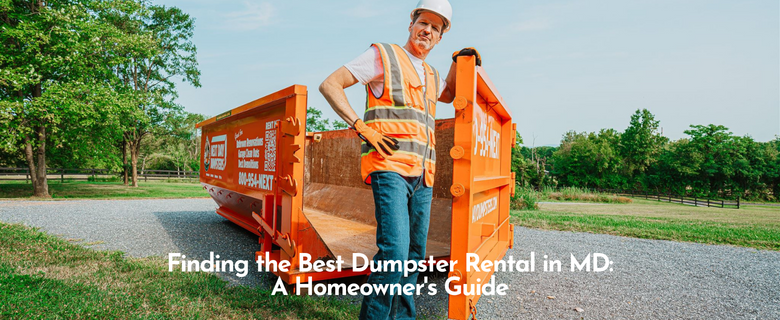Google Rating
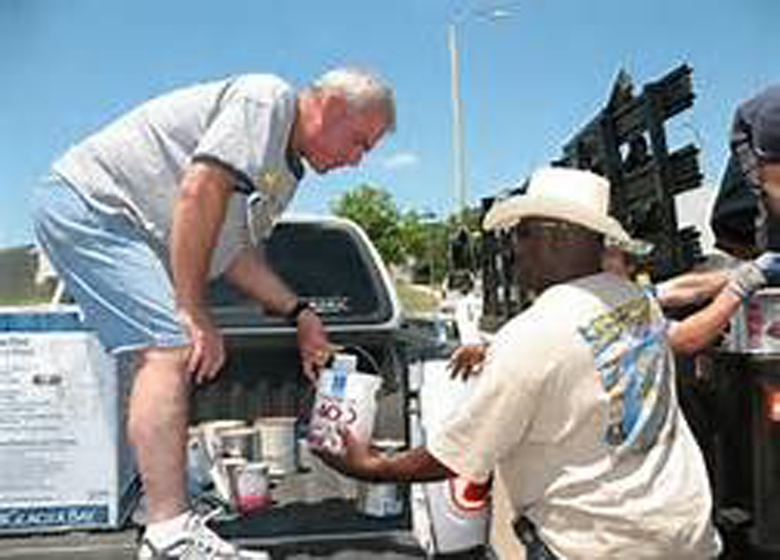
Dumpster FAQs: How to Dispose of Hazardous Materials
Whether cleaning out the garage or cleaning up after a DIY construction project, there are times you find yourself left with a large amount of waste materials. Often dumpster rentals are a cost effective way to dispose of the waste on your own schedule rather than being at the helm of a team of overpriced professionals.
An important dumpster FAQ is “What can I put in my dumpster?” It is a good idea to look through the waste you are disposing of and discover if there are any hazardous materials. Most homeowners hazardous materials fall into the EPA’s (Environmental Protection Agency) Household Hazardous Waste (HHW) category. HHW’s are generally products with “corrosive, toxic, ignitable, or reactive ingredients … such as paints, cleaners, oils, batteries, and pesticides that contain potentially hazardous ingredients…” Many HHW’s also fall into the Universal Wastes category which includes items that are widely used. This category encompasses certain light bulbs and a wide variety of items containing Mercury as well. The EPA has federal list of Universal Wastes, but every state and district can add and sometimes subtract the items on it, so it is best to check with your local government.
When it comes to the disposal of Hazardous Materials, it is best to look at the EPA’s recommended steps for all waste disposal; Reduction, Reuse, Recycle and Dispose. Since Reduction is more a tip for the future and less helpful here, your best bet is to start with Reuse and Recycle. Do a local search for agencies that collect and recycle items like paint, oils and cleaners that can be used by others. You can bring in unwanted materials and look for reduced priced items that might fit your current project.
Next, check with your local government or trash collection agencies to see if they have year round collection and exchange facilities. They can take a larger variety of HHW and Universal waste than smaller private exchanges and can dispose of items that cannot be recycled or reused.
If year round facilities are not available in your area look for special pick-up or collection days. This may require you to store your HHW for a longer period, but every area has an opportunity to dispose of these items at least twice a year. Again, check with your Regional EPA office using the link above to direct you to the correct departments.
Recent News
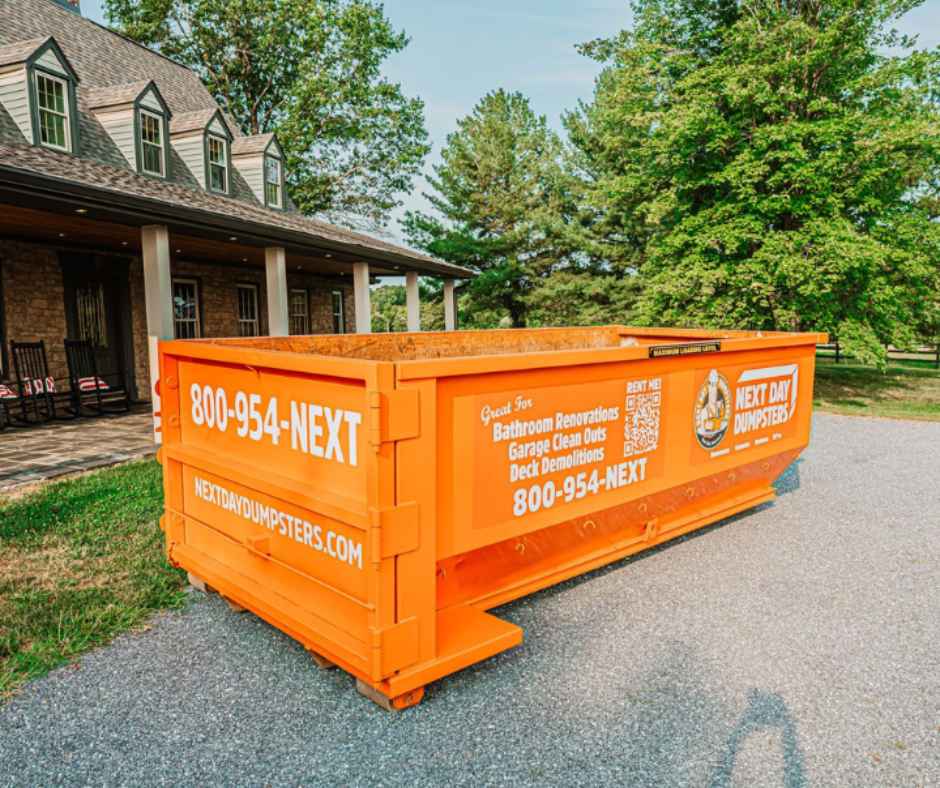
Seasonal Cleaning Made Easy: Why Rent a Dumpster?
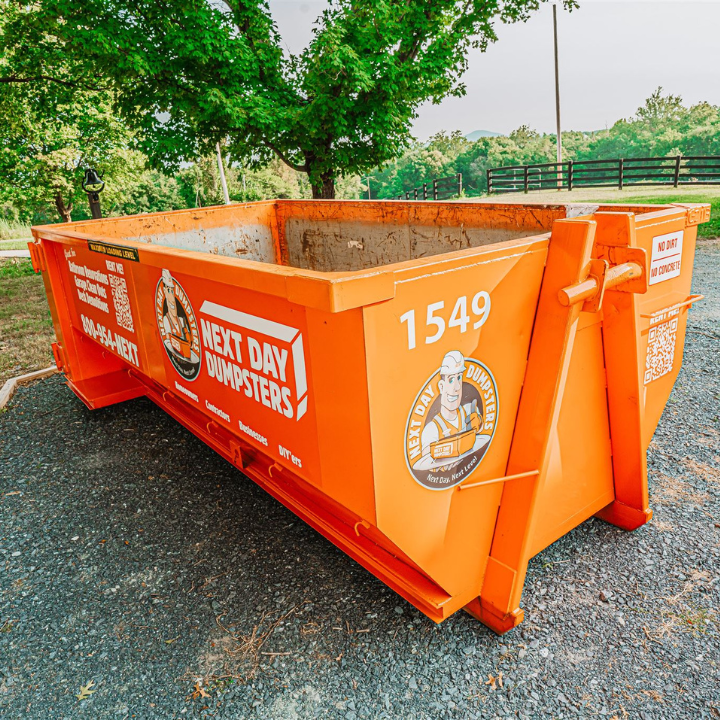
10 Tips for Efficient Decluttering with a Roll Off Dumpster Rental
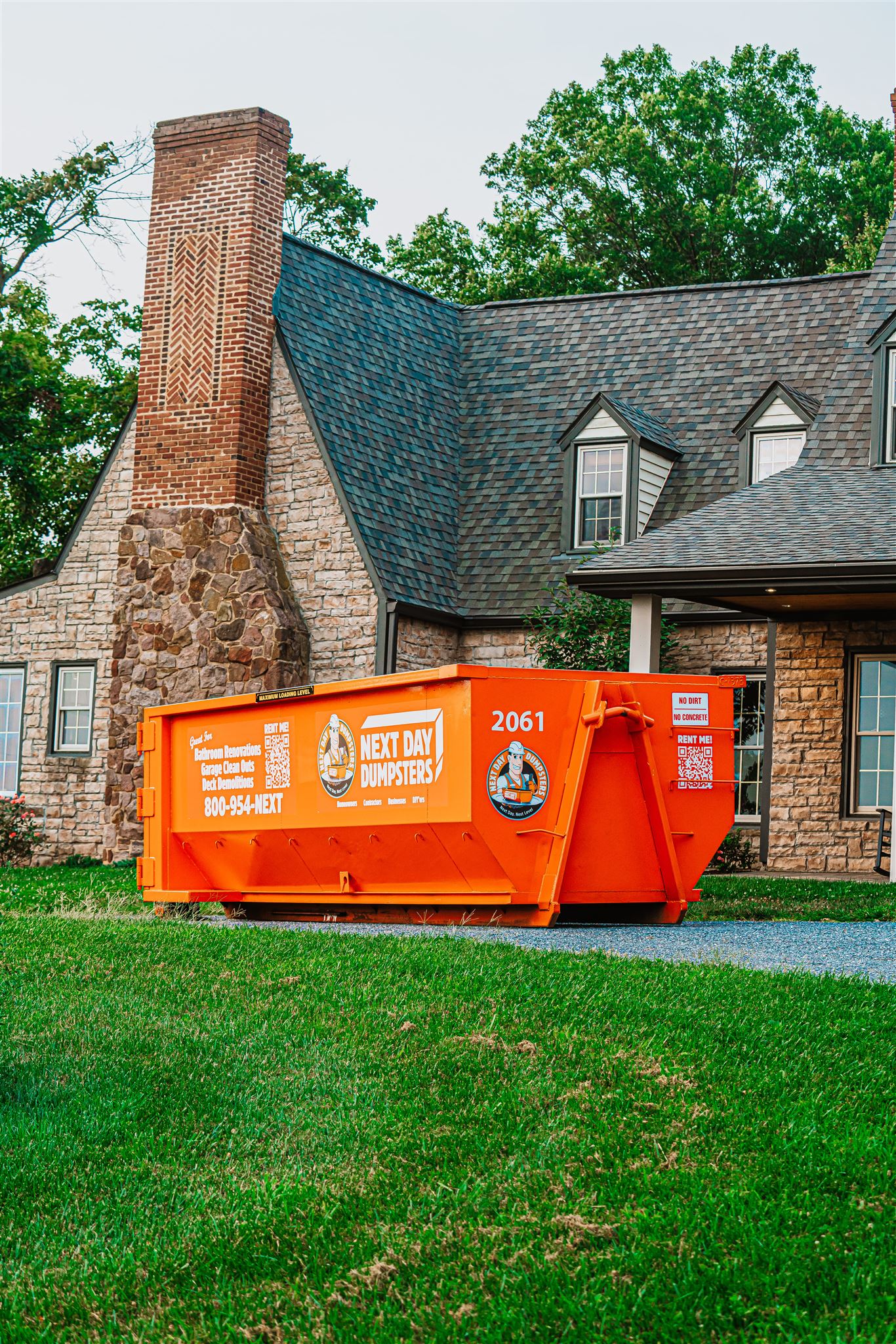
The Do’s and Don’ts of Dumpster Rentals
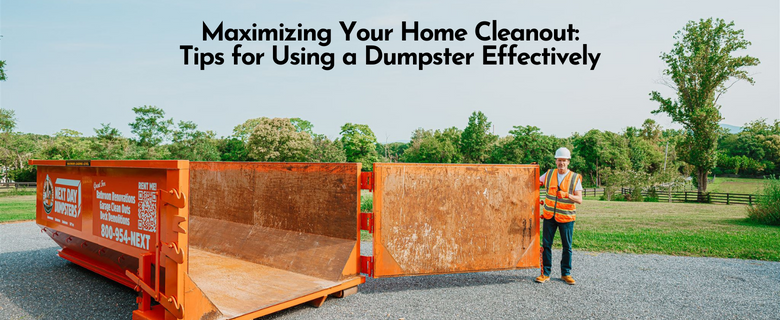
Maximizing Your Dumpster for Home Cleanout: Tips for Using a Dumpster Effectively
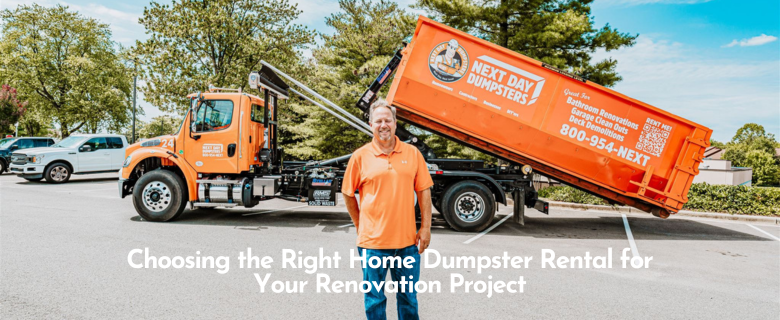
Choosing the Right Home Dumpster Rental for Your Renovation Project

The Business Advantage of Using a Concrete Recycling Dumpster
